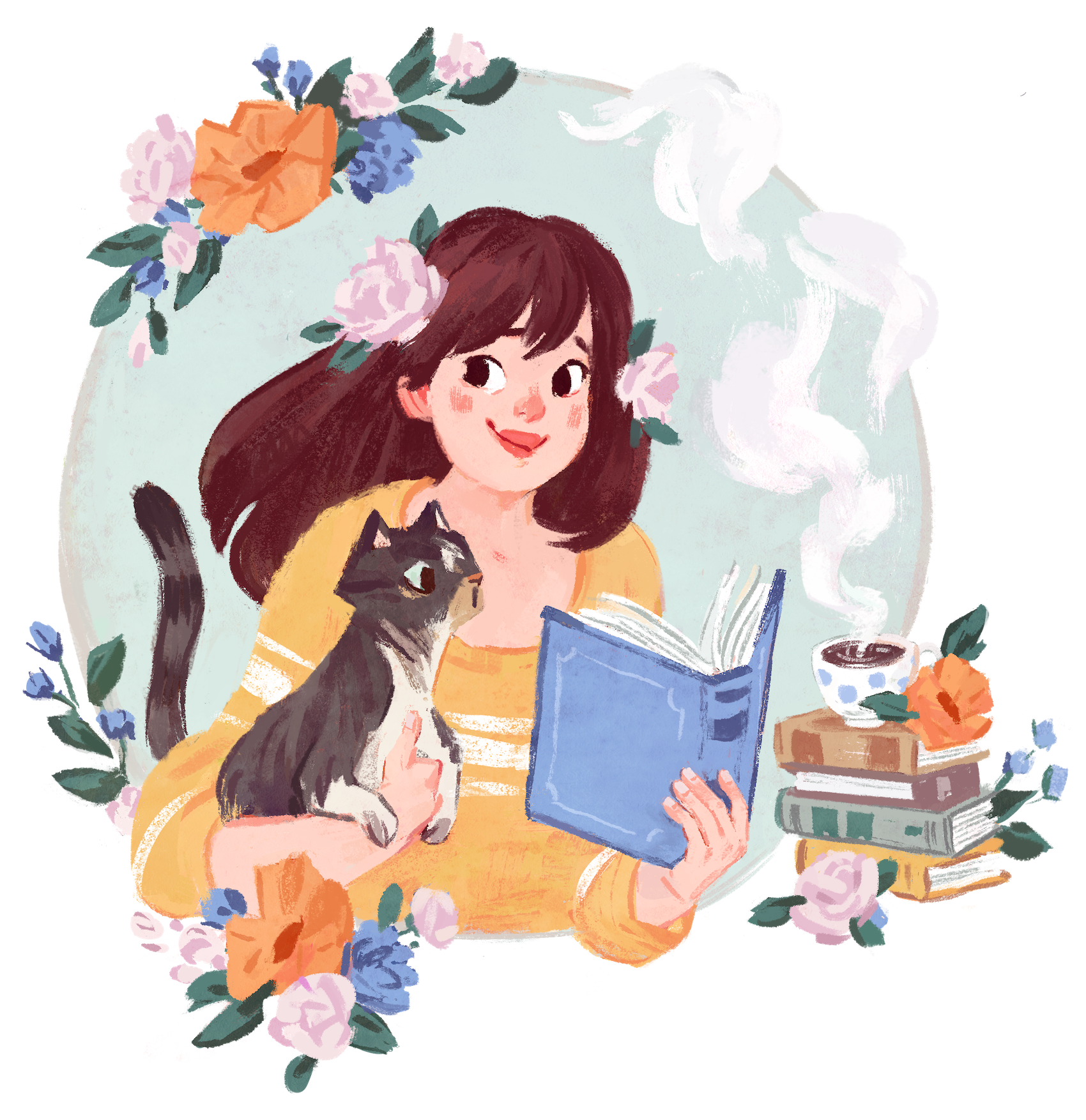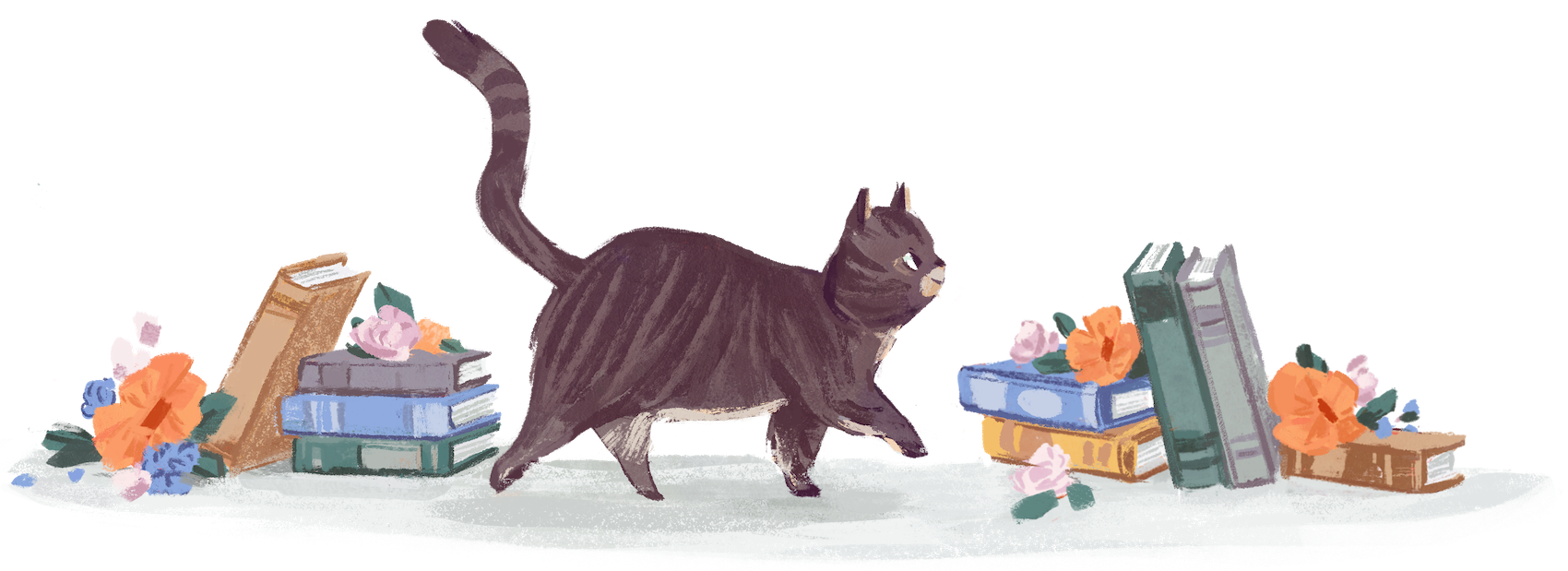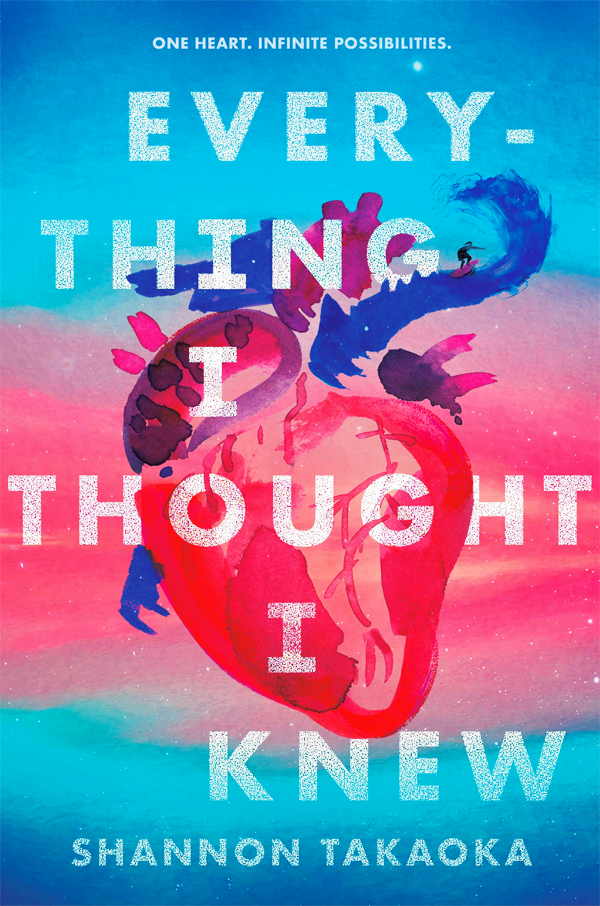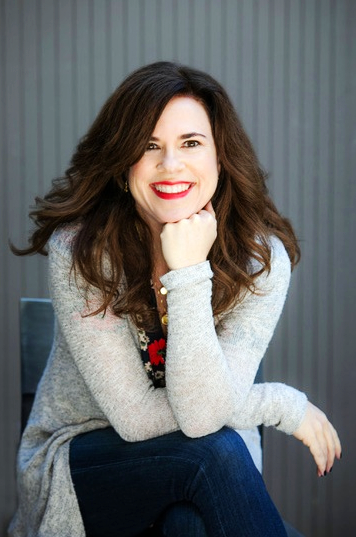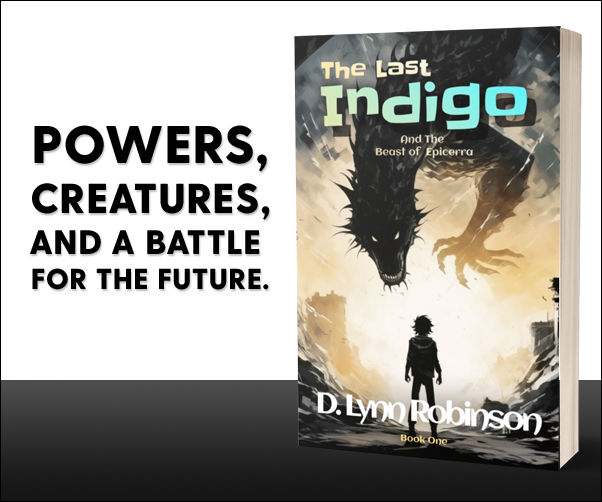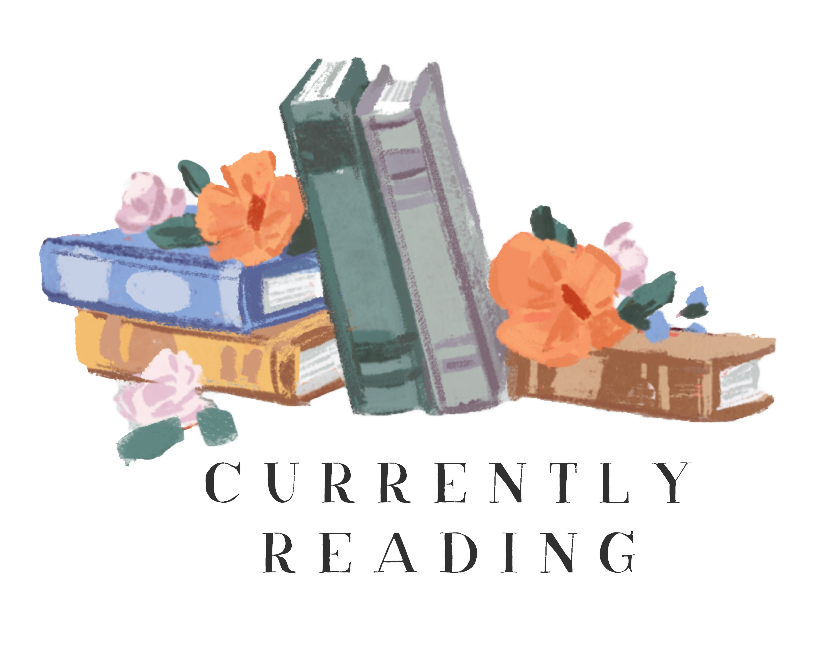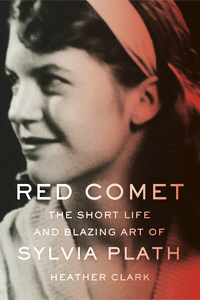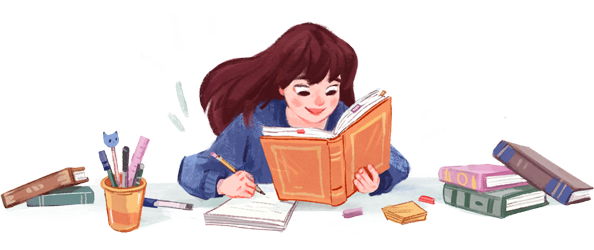
Please Note: I received an electronic review copy of Everything I Thought I Knew and was monetarily compensated in exchange for composing and hosting an interview with the author. This compensation in no way affected my opinions.

Title Everything I Thought I Knew
Author Shannon Takaoka
Pages 320 Pages
Target Audience Young Adult
Genre & Keywords
Publication Date October 13th 2020 by Candlewick
Find It On Goodreads ● Amazon ● Chapters ● The Book Depository ● Barnes & Noble ● IndieBound
A teenage girl wonders if she’s inherited more than just a heart from her donor in this compulsively readable debut.
Seventeen-year-old Chloe had a plan: work hard, get good grades, and attend a top-tier college. But after she collapses during cross-country practice and is told that she needs a new heart, all her careful preparations are laid to waste. Eight months after her transplant, everything is different. Stuck in summer school with the underachievers, all she wants to do now is grab her surfboard and hit the waves — which is strange, because she wasn’t interested in surfing before her transplant. (It doesn’t hurt that her instructor, Kai, is seriously good-looking.) And that’s not all that’s strange. There’s also the vivid recurring nightmare about crashing a motorcycle in a tunnel and memories of people and places she doesn’t recognize. Is there something wrong with her head now, too, or is there another explanation for what she’s experiencing? As she searches for answers, and as her attraction to Kai intensifies, what she learns will lead her to question everything she thought she knew — about life, death, love, identity, and the true nature of reality.

About Shannon Takaoka
Shannon Takaoka is a young adult fiction author who wrote her first book at age 12, when she blatantly ripped off C.S. Lewis with an epic fantasy inspired by The Lion, The Witch, and The Wardrobe. (Well, maybe it wasn’t that epic — do 10 pages count?) Madeline L’Engle, Charlotte Brontë, Neil Gaiman and a host of other authors inspired her lifelong love of reading, and she’s especially into all things gothic, weird and nerdy. If a story involves time travel, strange science-y stuff or alternate realities, she’s in.
Originally from Pittsburgh, Pennsylvania, Shannon now lives in the San Francisco Bay Area with her husband, two children and one very needy dog, who is probably leaning on her right now as she’s pecking away on her keyboard. Her debut novel, Everything I Thought I Knew, about a 17-year-old girl questioning everything about who she is and who she wants to be following a heart transplant, will be published by Candlewick Press on 10/13/2020 and Walker UK in 2021. She promises that it’s a little weird — but in a good way.

1. Everything I Thought I Knew is your debut young adult novel. What have been some of the best and/or most difficult moments in your journey to publication? Are there any words of wisdom you could offer to prospective authors or those preparing for the publication of their own debut novel?
For prospective authors, I think the hardest part is finishing that first draft. Having the stamina to keep going on something that may or may not pan out can be a difficult thing to wrap your head around. It was definitely hard for me. Before Everything I Thought I Knew, I had a few ideas that I started to work on that kind of fizzled out, and I realized that if I was ever going to get a book published, I first had to commit to finishing one. So I just tried to turn off the self-doubt as much as I could and I kept going. So keep going! And if your first attempt doesn’t work out, try again. Persistence is a big part of it. My other advice: READ. Read a ton. Read in the genre you want to get published in and read outside of it. Read fiction. Read non-fiction. Read novels. Read short stories. Read poetry. Read great journalism. For me, reading is the best teacher – better than any book on craft or class I’ve taken (although those things can certainly be helpful too.) I’m always analyzing my favorite stories and trying to understand what makes them tick.
For writers preparing for publication, it’s a looong process, and the toughest part of that is being patient. There are so many moments where you are waiting – when you’re querying, when you’re on sub, when you are waiting on editorial notes once your book has sold. And I think many writers will say this: use that time to work on new ideas. The waiting is much better when you have other things to occupy your creative space.
In terms of best moments, I do love the act of creating, and it’s always great to have one of those writing days where everything just clicks and you are really excited about your story. And during the path to publication, it’s been awesome to have such a supportive team of people behind me, especially my agent and my editor at Candlewick, who both have been instrumental in helping me make this book the best that it can be. And there’s nothing better than hearing from readers who connect with and enjoy the story.
2. The novel’s protagonist, Chloe, muses about how she has changed while growing up, transforming from a child with endless curiosity and questions (“Why do my fingers wrinkle in the bath? Why don’t we get burnt up by the sun? Why are we here? What happens when we die?” etc.) to a single-minded, driven teen who grew to believe that “right answers are what really matter”. Is there an aspect of yourself you feel you lost as you grew older, and would you recapture it if you could?
Oh, for sure! I love that young kids are curious about everything and pretty uninhibited about asking questions. While I’m still a curious person – I think all writers are to some extent – I do wish I could recapture more of that playful, uninhibited, experimental energy that very young kids have, before they start worrying too much about what other people think of them or before they start to focus on grades rather than just learning for the fun of it. Play is a such an important part of creativity. I don’t necessarily feel like I’ve lost my sense of playfulness, but adulting can sometimes muzzle it a bit, so I do have to occasionally remind myself to not focus so much on an outcome or worry about whether I’m doing something “the right way” and just have fun, especially when I’m writing.
3. Everything I Thought I Knew explores how Chloe’s life has been altered by a diagnosis of a heart defect and a subsequent transplant surgery. Prior to the discovery of her heart defect, Chloe is a competitive, driven, goal-oriented teen with a lot of plans for the future. Unfortunately, her diagnosis and subsequent transplant occur just as she’s preparing for her midterms and college applications and this upends her meticulously-organized life. Because of this, one of the central themes of the novel appears to be navigating and coping with immense change. How do you effectively deal with change in your own life and do you have any advice for young readers as to how they can do the same?
Ha, well, I’ve always been a bit of an overthinker, and change can sometimes throw me for a loop, which then sets my “control” mentality into motion. That’s when my anxious brain starts to tell me that if I just plan for every contingency, nothing bad will happen. But life doesn’t work that way. We can’t possibly plan for every contingency. Things will happen that are beyond our ability to control and that we don’t get to choose. Sometimes big, traumatic things. (2020 is certainly evidence of that, isn’t it?) But we do have a choice in how we respond and what we take from whatever happens and how we move forward, and that’s definitely something that I wanted to explore in the book. Change, whether expected or not, good or bad, is a part of life. Sometimes I handle change well, and sometimes I don’t, but I’m lot happier when I try not to ruminate too much over things I can’t control (unless it’s something that truly does need to be processed, like grief) and instead focus my energy on the things I can impact in a productive and positive way. I guess the “Serenity Prayer” endures for a reason!
4. When Chloe first learns of her heart defect, she thinks “I’m going to die before I turn eighteen. I’m going to die before I graduate high school. Before I get to go to college, visit Tokyo, climb the Eiffel Tower, fall in love, own a dog, and become the first scientist to confirm the existence of life on another planet.” In this and other respects, Everything I Thought I Knew reminds readers of the fragility and unpredictability of life and, consequently, to treasure each moment and pursue our passions and goals whenever possible. Like Chloe’s wish to visit Tokyo or climb the Eiffel Tower, is there anything you dream of doing or accomplishing one day?
Well, publishing a book was a pretty big dream of mine, and I hope to be able write more books. I’ve also been lucky to do some of the things that Chloe dreams of, like travel, and in light of this last year, I’m very much looking forward to when we can all do that again without anxiety. So, right now, I’m dreaming of going to a big city like New York or Paris or Tokyo, eating out at restaurants, doing and seeing all the things and wearing outfits that do not involve sweat pants!
5. Following her transplant, music becomes a passion and obsession for Chloe, one that “opened my mind to another universe – one I never knew existed” and “made me feel less alone with my thoughts”. Are there any songs that have had a significant impact on your life and can you share a little about what they mean to you?
That’s a good question. I think music in general has this amazing ability to anchor moments of our lives, whether it’s because the lyrics mean something to us or because of who we were with or what we were doing when we heard a particular song. Anything from Prince’s Purple Rain album will instantly conjure up my middle school self, for example. Al Green’s Let’s Stay Together makes me think of my wedding. A few years ago, I saw Arcade Fire in concert and remembering the entire crowd singing along to Wake Up gives me such a pang right now, especially because it feels like it will be a long time before we get to do that again. Music really helped me unlock the emotion of the book. Hello My Old Heart by The Oh Hellos in particular is one that I will always associate with writing and thinking about this story, so that one is meaningful to me for sure.
6. After her transplant, Chloe experiences a number of inexplicable symptoms, including memories, newfound interests and nightmares that are not her own. This leads her to do a great deal of research on the subject of cellular memory and question whether or not she’s exhibiting traits and memories of her heart donor. When crafting the novel, was it difficult to manage the delicate balance between realistic, contemporary issues of change and coming-of-age with other elements that seem more abstract or intangible in nature?
Yes and no. I always knew this story was going to depart from “reality” in some way while still being grounded in a contemporary (rather than high fantasy or sci fi) setting. Many of my all-time favorite books walk this line – Bone Gap by Laura Ruby, The Ocean At The End Of The Lane by Neil Gaiman, Station Eleven by Emily St. John Mandel, The Time Traveler’s Wife by Audrey Niffenegger. I really like the idea of using “What if?” scenarios to explore questions related to all the things that make us human. In introducing a speculative element into a contemporary setting, I did worry a little about getting the balance right. Would the fantastical elements seem too unbelievable or over the top? But in the end, I just had to shut that worry off and let my imagination go. I love stories that throw a weird premise or strange twist at me, so I guess I just followed the advice about writing the kind of book that I typically like to read.
7. While reflecting on the concept of parallel universes, Chloe wonders whether she would choose to change her life and return to a time before her diagnosis and transplant, if given the opportunity. This inspired me to reflect on and recontextualize challenges in my own life and question how things that seemed difficult in the moment have altered the course of my life and whether there was anything positive that could be drawn from those experiences, however difficult. Are there any themes or messages you hope readers will take from Everything I Thought I Knew?
I think part of the message goes back to that earlier question about the things we can control and things we can’t and how we reconcile and live with that tension. You don’t have to have everything figured out all the time, especially at age 17. We are always learning and hopefully evolving and being shaped by our experiences throughout our lives. Our identities are not set in stone. And for sure I was thinking about the fragility and unpredictability of life and what that means in terms of how we live. There’s of course nothing wrong at all with having goals and plans, but I feel like a lot of us can get so wrapped up in what we want to achieve at some future date that we sometimes forget to appreciate what’s happening in the now. And finally, I was interested in exploring ideas around the interconnectedness and mysterious nature of the universe. Chloe really wants to try and understand the “why” behind everything, but I think there’s also something kind of freeing in acknowledging that not everything about our existence can be fully explained.
Thanks so much for interviewing me – these were great questions!



